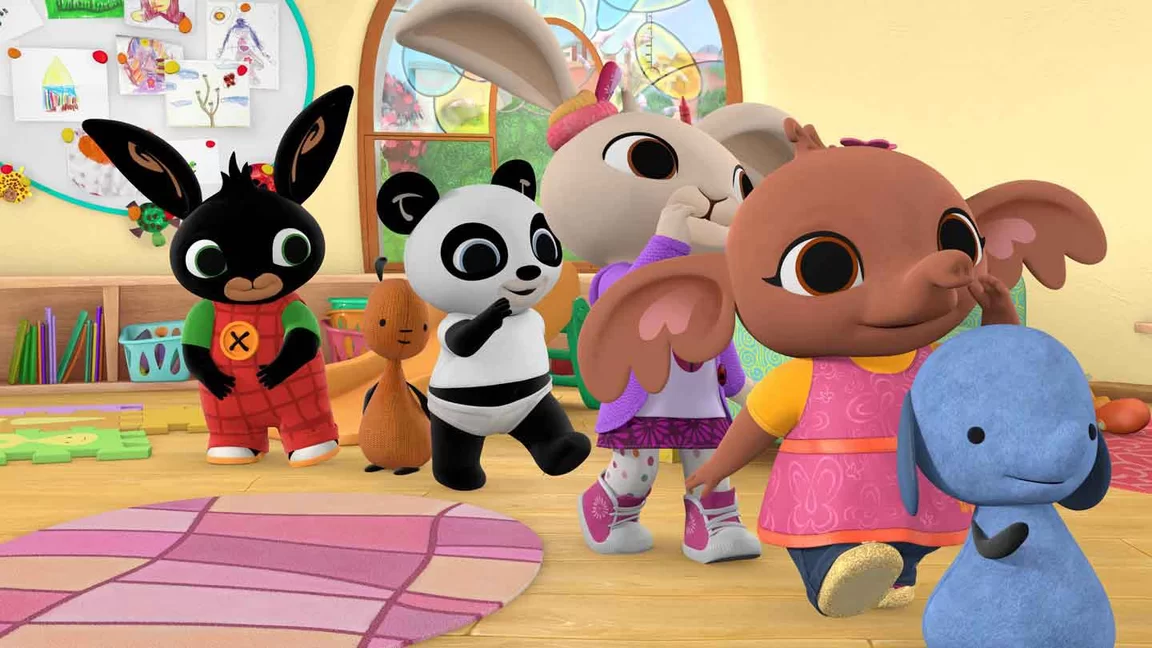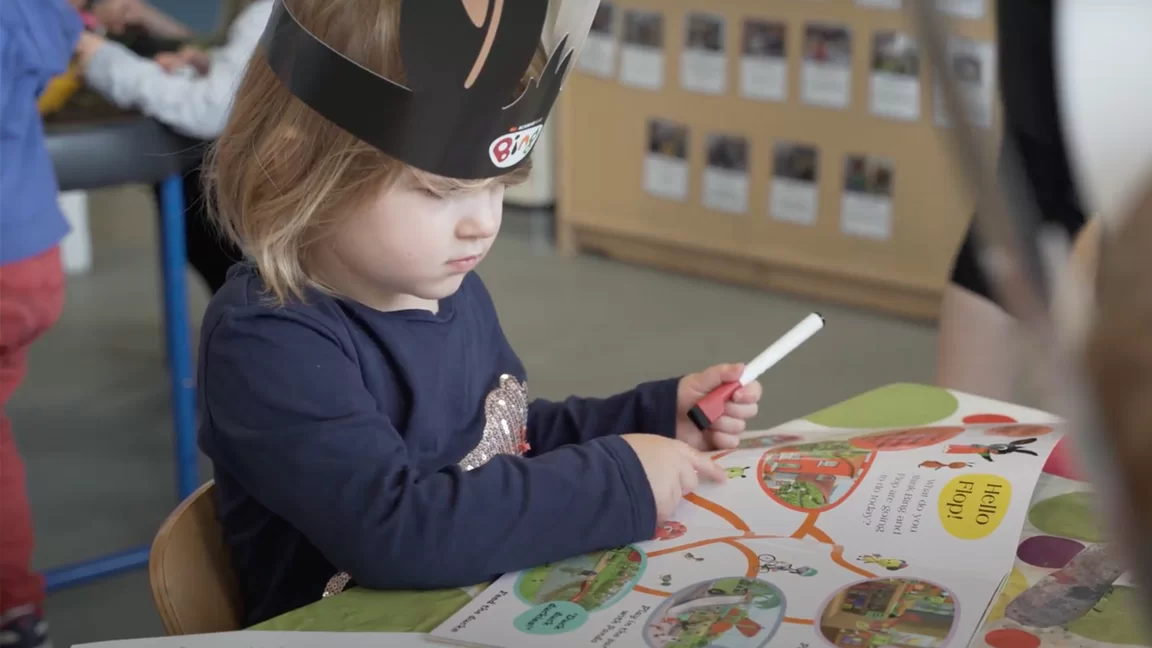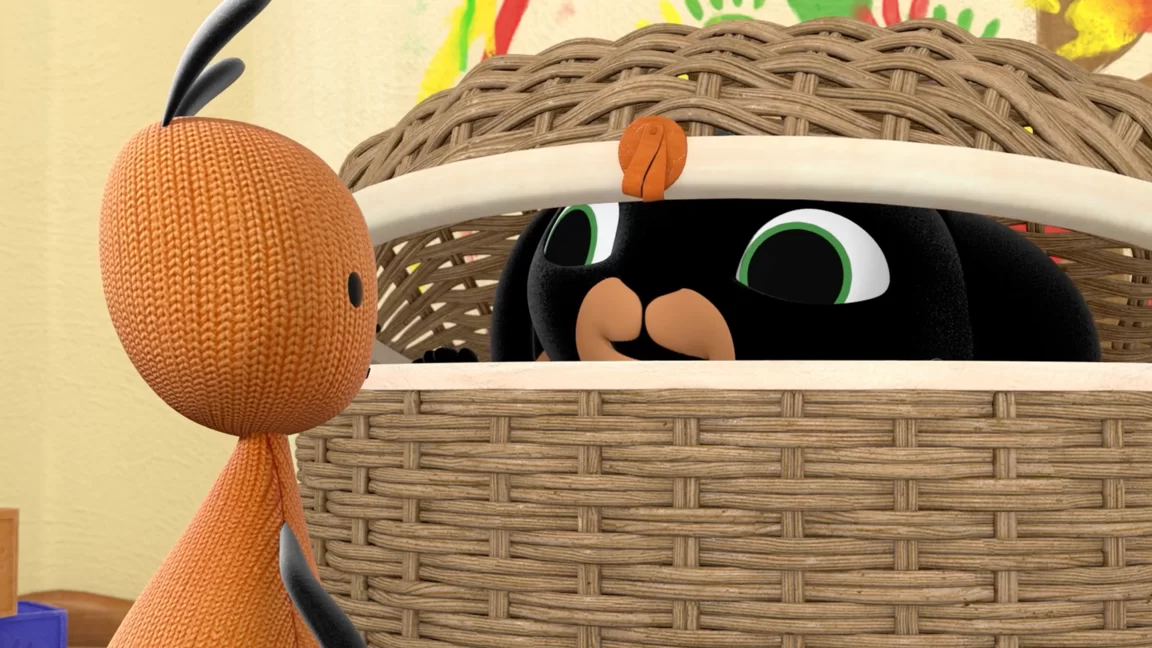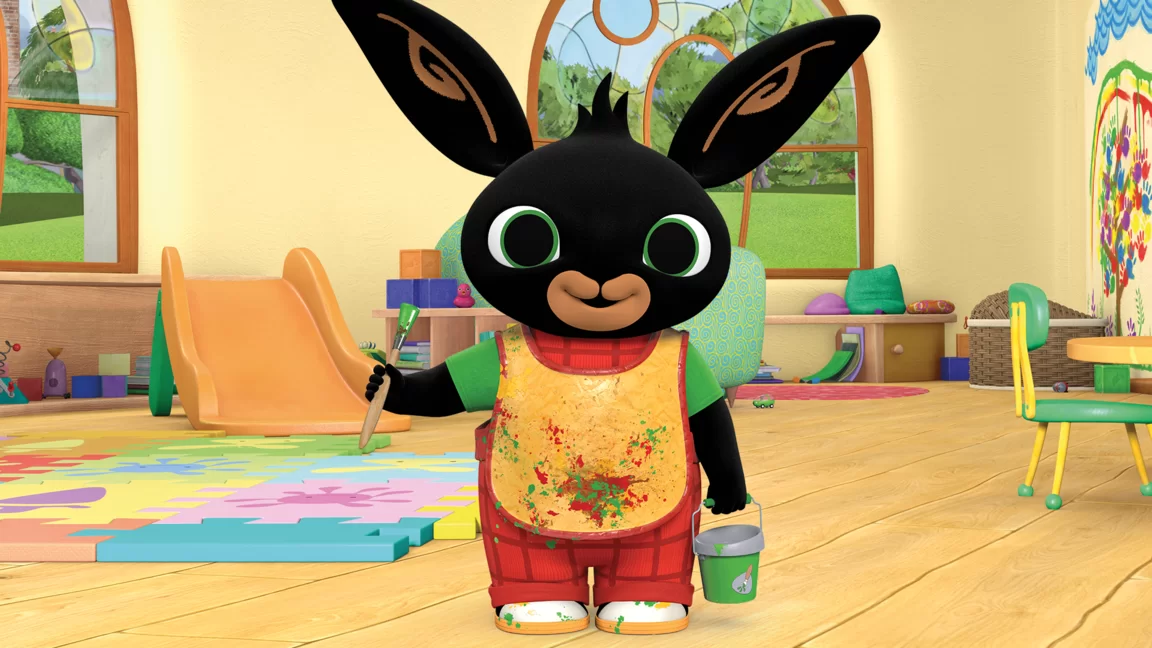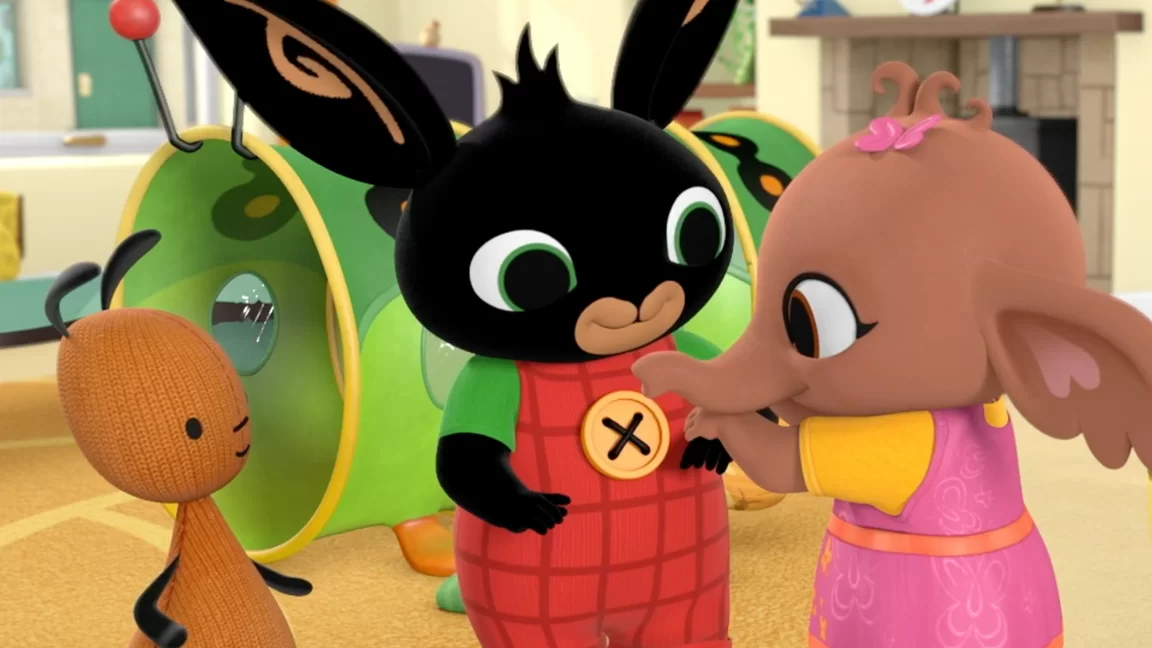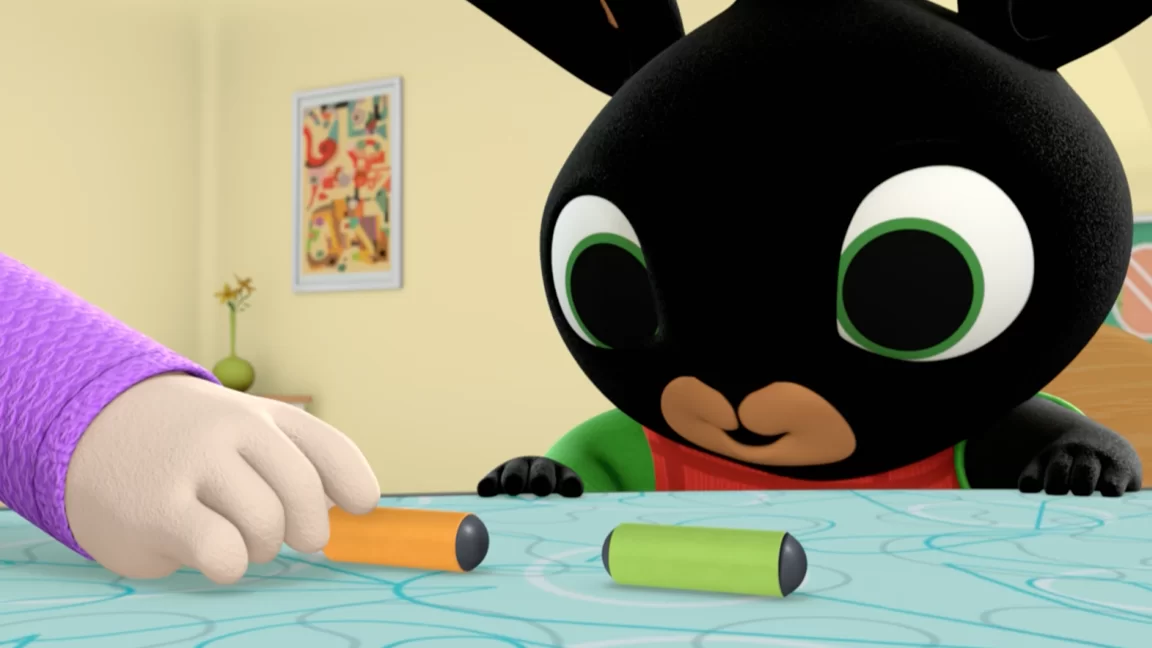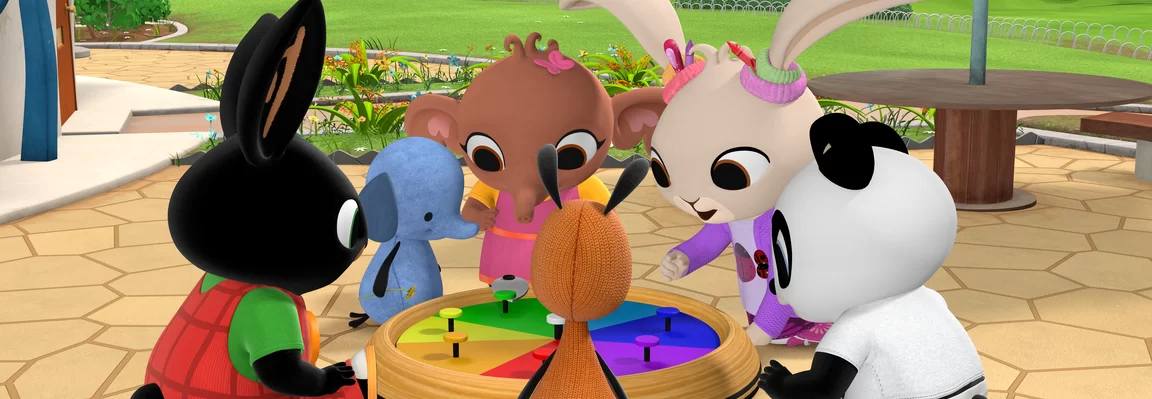
Predictability and Repetition
Why predictability and repetition can help children’s learning
By Prof Sam Wass
One thing that a lot of parents notice about Bing is that all of the episodes follow a very predictable structure. Every episode starts with the phrase ‘Round the corner, not far away,' and ends with Bing and Flop retelling what’s just happened. Why is it that the episodes are designed this way?
And another thing that some parents worry about is that their children want to watch the same episode of Bing, over and over again. They ask “Should we let them do this, or should we be encouraging them to watch a wider range of different episodes?”
From my perspective as a child psychologist and neuroscientist I think that predictability and repetition are absolutely crucial for early learning. If a child is seeking out repetition, you should definitely let them have it – and here’s why:
Scientists can get some really important clues about how children learn by studying what they choose to interact with, and when. And whether you study what TV episodes children choose to watch, or which toys they choose to play with, or when they’re talking, you get the same pattern. You get periods of them doing the same thing again and again interspersed with breaks. But what drives this urge to return to some things and explore new ones?
We think it’s because childrens’ brains are continually generating and updating a model – by generating and testing predictions. They learn by trying to make a prediction, seeing whether their prediction was right or not, and then updating the model accordingly.
Professor Sam Wass
Young children need repetition because their brains make lots more prediction errors than our adult brains do.
By watching the same thing over and over, they reduce errors each time, as their brains get progressively better at making sense of what they’re seeing. Whereas an adult’s brain is different. I make fewer prediction errors first time round, because I can make sense of it straight away, so my learning is maximised if I always watch new things.
It’s easy, as an adult, to assume that your kids will learn the same way as you do. But whereas adults learn most by watching each thing once, young children can actually learn more by watching the same thing over and over. Each time they watch, their brain gets better at understanding what they see. And it’s important to allow that, if that’s what your child wants. Repetition is crucial, especially during early learning.
That’s why Bing is designed to have a structure that even young children can predict, and why it’s absolutely fine to let your children watch the same episode over and over again.
Download a printable version
About the author
Professor Sam Wass (www.profsamwass.com) studied at Oxford University, London, and Cambridge University, and currently runs the BabyDev Lab (www.uelbabydev.com) at the University of East London. Sam's research is funded by Research Councils UK, the European Research Council, and Medical Research Council and others to study child psychology and child brain development during the early years. His speciality is on concentration and stress during early childhood. He works typical and neurodiverse populations, including children ADHD, Autism, anxiety and other neurodiverse groups. He works regularly with commercial organisations including Melissa & Doug and LEGO, and as a consultant with early years groups including Fennies Nurseries. Sam also appears regularly in the media as an expert in child development, including in the multi-award-winning Channel 4 series The Secret Life of 4- and 5-Year-Olds.
Prof Sam Wass, Professor of Early Years Neuroscience
- Web: UEL Baby Development Lab
- Web: www.profsamwass.com
- Instagram @profsamwass/@uelbabydevlab
- Twitter: @profsamwass/@UEL_BabyDevLab
- Facebook: UEL BabyDev Lab

